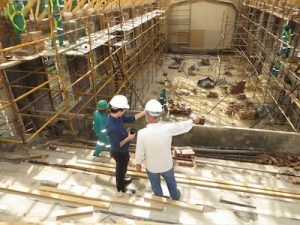Your Financial Preparation Guide for Building a Home
Buying a home is one thing, but building a home from scratch is a whole different ball game. Any big purchase like this takes a lot of financial preparation, but there are a few extra steps involved if you’re looking into building a home.

In this article, we’ll help you better understand the financial process that comes with constructing a home, and why it’s important to understand the process and costs involved before jumping in.
At a high-level, what kind of added costs can I expect when building a home?
Building a home is very different from buying an existing home on the market — particularly when it comes to financing construction costs. With an existing home, the mortgage process is more simple. You take out a single loan, with one application, and then do the appraisal and set the closing date and costs. With a new home construction, you’ll also have costs for land, materials, and labor. If you’re going to construct a home, it’s important to know that you might have a series of loans with a few rounds of paperwork and various fees. However, your lender may try to simplify the process by suggesting a “one-time-close” loan, which will help finance all these costs with a single loan. You should also expect to pay a bigger down payment for the construction loan, and should be more mindful of your budget and credit score to ensure you’re set up for success.
How do construction loans work, and what are the costs?
Building a home could require a few loans. You’ll need to finance the land, construction costs, and pay off the lot and construction loans with a standard mortgage. True construction loans are typically short-term, around 6-18 months. Keep in mind, this is only to finance the construction, not the land or mortgage. The rate of a construction loan usually varies with interest rates, because they’re based on the prime rate in addition to a certain percentage. Some programs allow you to weave in the construction loan interest into your permanent financing, which is helpful if you’re already trying to pay off an existing mortgage or renting out. The reason construction loans are a bit more expensive is because lenders are taking a bigger risk by potentially having higher interest rates and no collateral. And there’s a lot more money involved and paperwork to be done.
You can learn more about the various types of construction loans on our blog!
Homeownership has a lot of advantages, whether you’re buying or building a home. But when it comes to building a home, it requires a strong team and a concerted effort to budget sooner and more efficiently.
With over 30 years of experience, Ken Venick can put you in the right place for your homeowner wants and needs. Visit our FAQ page to learn more about our services, and contact us today.
The post Your Financial Preparation Guide for Building a Home appeared first on Owings Mills & Lutherville Mortgage.










Are You Ready to Get the Ball Rolling on Your Mortgage?
Get in Touch With a Mortgage Expert
NMLS# 150953
© 2024 All Rights Reserved | Luminate Home Loans, Inc.

